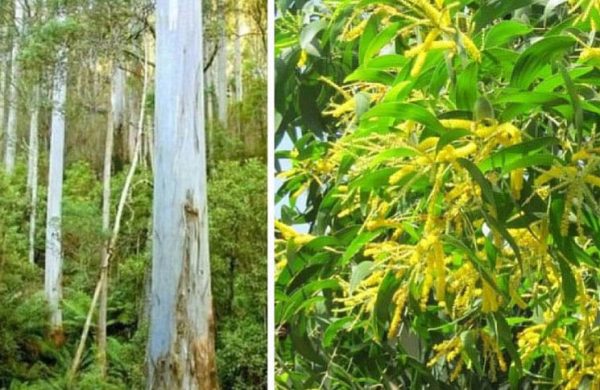Eucalyptus, Akashmoni: Govt begins destroying 10m banned saplings
- Update Time : Saturday, July 26, 2025

Staff Correspondent:
The government has begun destroying nearly 10 million eucalyptus and akashmoni saplings across 49 districts, following a nationwide ban on the production, planting, and sale of the two species.
The Department of Agricultural Extension (DAE) launched the operation last month, aiming to eliminate ecologically harmful saplings from public, private, and individual nurseries.
More than five million saplings have already been destroyed, with nursery owners receiving Tk 4 per sapling in compensation.
Citing biodiversity loss and environmental imbalance, the Ministry of Environment, Forest and Climate Change issued a gazette on May 15 banning the cultivation and marketing of eucalyptus and akashmoni.
Environmentalists have long campaigned against these fast-growing species, known for depleting groundwater and offering limited ecological value.
Surveys were conducted in 49 districts, and on June 17, a directive ordered the destruction of 9,378,900 saplings. The initial budget allocation stands at Tk 37.6 million.
Cox’s Bazar leads the list, with 1.73 million saplings being destroyed in the first phase. Other high-figure districts include Bandarban (792,100), Gaibandha (784,300), Chattogram (738,400), and Tangail (728,000).
In the greater Chattogram region — which includes Chattogram, Cox’s Bazar, Noakhali, Feni, and Lakshmipur — the DAE reported a combined stock of 6.31 million saplings. In Cox’s Bazar alone, 1.73 million of the 4.07 million total saplings are being removed now, with the rest scheduled for later.
Dr Md Jamal Uddin, additional director (monitoring and implementation) at the DAE, said compensation is being provided, and nursery owners are required to sign declarations agreeing not to grow the banned species again.
While sapling production is overseen by the DAE, mature tree management falls under the Forest Department. No final decision has been taken yet on the fate of mature eucalyptus and akashmoni trees planted nationwide.


















